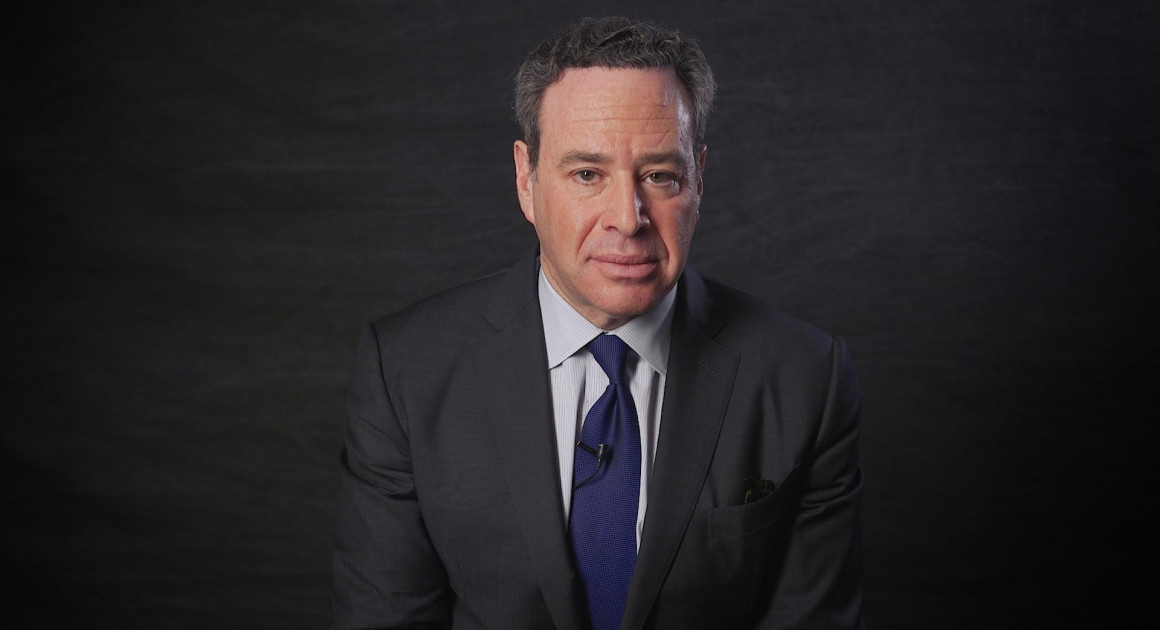
David Frum: Voting Against Trump
Notorious RINO and Atlantic writer David Frum joins Jamie Weinstein to explain why he’s voting for Kamala Harris this election. Frum, a former speechwriter for President…
Thought Leader: David Frum

By David Frum (Original source The Atlantic)
“After the defeat of Nazi Germany, the U.S. occupation authorities carried out a series of public-opinion surveys in the American occupation zone.
One question asked whether Nazism was “a bad idea, or a good idea badly carried out.” In his history of postwar Germany, Frederick Taylor writes: “The view that Nazism had been simply and unequivocally a ‘bad idea’ was never held by more than 40 percent of respondents, and by the end of the third post-war winter that number had declined to 30 percent with double that number—60 percent—now insisting that Nazism had been a ‘good idea’ gone wrong.”
Milton Mayer, a German-speaking American journalist, lived for the year 1952 in a small town in the state of Hesse. Mayer befriended and interviewed 10 men who had taken part in the burning of the town’s synagogue. With one sole exception, he found them not only unrepentant, but strongly convinced of their own victimhood. “The other nine, decent, hard-working, ordinarily intelligent and honest men, did not know before 1933 that Nazism was evil. They did not know between 1933 and 1945 that it was evil. And they do not know it now. None of them ever knew, or now knows, Nazism as we knew and know it; and they lived under it, served it, and, indeed, made it.” And even that one exception only partially rejected Nazism. He “still believes, in part of its program and practice, ‘the democratic part.’”
Click here to see more
David Frum: Voting Against Trump
Notorious RINO and Atlantic writer David Frum joins Jamie Weinstein to explain why he’s voting for Kamala Harris this election. Frum, a former speechwriter for President…
Thought Leader: David Frum
This is the latest episode of Climbing Gold with Alex Honnold. Tucked away in a corner of Chilean Patagonia, Valle Cochamó wasn’t going to stay hidden…
Thought Leader: Alex Honnold
Sanjay Gupta: Self-Exams Matter
This is the latest episode of Chasing Life with Dr. Sanjay Gupta. Sara Sidner is a hard-hitting CNN journalist. Ananda Lewis is a content creator and former…
Thought Leader: Sanjay Gupta

